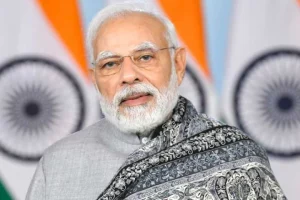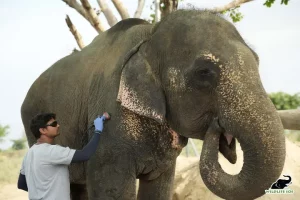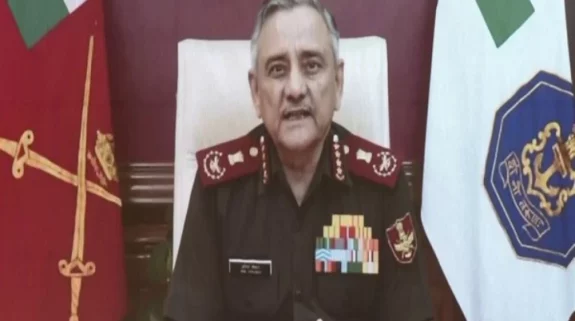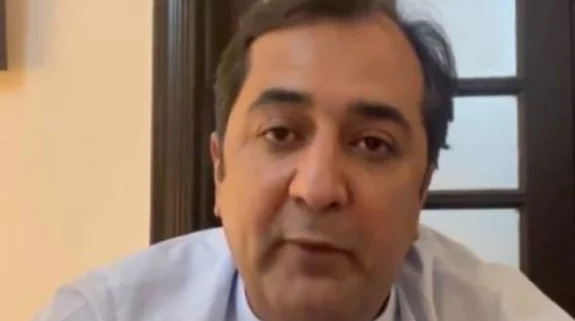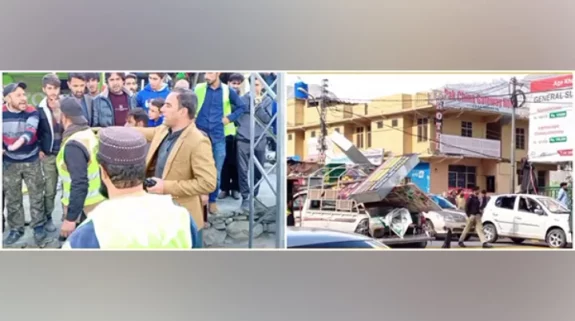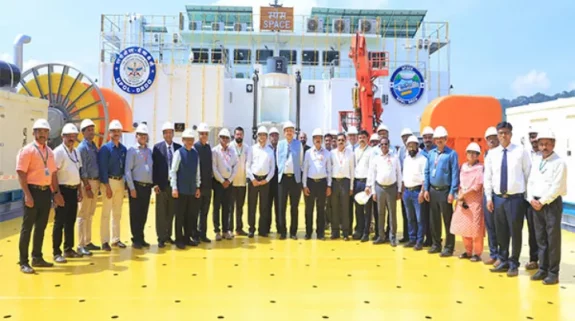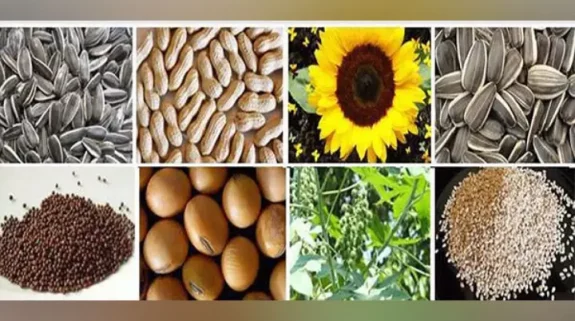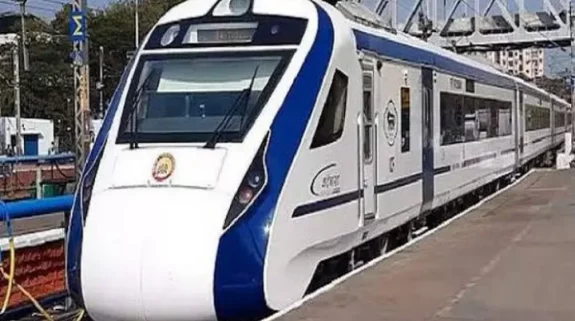The India-Israel cooperation in agriculture continues to deepen with the opening up of the 30th Indo-Israel Centre of Excellence in Haryana’s Bhiwani district.
Established under the framework of the Indo-Israel Agricultural Project (IIAP), the Gignow centre is dedicated to semi-arid horticultural crops and was inaugurated by state agriculture minister Jai Parkash Dalal and Ambassador of Israel to India, Naor Gilon. Minister of agriculture from Madhya Pradesh Kamal Patel also attended the inauguration ceremony.
Committed to working with India, with which it has its largest development projects, Israel continues to expand cooperation with all its partners in the country, enhancing the strategic partnership between the two nations at the same time.
The fully-active Indo-Israeli Centres of Excellence in different parts of India are benefiting millions of Indian farmers on a daily basis with a dozen more in the pipeline.
As reported by IndiaNarrative.com earlier, gradually these centres will be expanded into ‘Villages of Excellence’ in partnership with the local state governments, which will further prove beneficial for larger populations.
Israel, which is famous for ‘making the desert bloom’, is a pioneer in developing sustainable technologies and solutions for all agricultural sectors.
For many decades, the country has successfully overcome harsh climatic conditions and knows how to maximize resources in an arid environment.
“This is a significant milestone in the agricultural cooperation between Israel and India. It is very special as this is the 30th Centre of Excellence inaugurated as our countries are nearing the completion of 30 years of full diplomatic relations,” said Ambassador Gilon.
“More such centres are in the pipeline. These centres are increasing farmers’ yield and productivity while diversifying local crops and improving the quality of produce,” he added.
The establishment of the centres has been possible due to the coordinated efforts of the Government of India, state governments and MASHAV – Israel’s Agency for International Development Cooperation at Israel’s Ministry of Foreign Affairs.
Founded in 1957, the agency is responsible for the design, coordination and implementation of Israel’s development cooperation programmes. It focuses on human capacity building and ‘Training the Trainers’ as the best way to achieve maximum impact and sustainable growth.
India is a strong strategic partner of Israel with agriculture and water being two significant pillars of the growing relations between the two countries.
The two fields are so important that out of the six resident experts that MASHAV has posted around the world, two are based in India.
MASHAV chief Eynat Shlein regarded the signing of a joint declaration in the field of integrated water resources management and capacity building between Israel and Haryana’s Irrigation and Water Resources Department as one of the main highlights of her India visit last year.
As part of the joint declaration, MASHAV is sharing knowledge, capacity building and Israeli technologies for the development of Haryana in the water management sector.
During the initial period of the establishment, the newest agricultural field technologies were brought from Israel and implemented at these centres. Over the years, the agricultural cooperation between the two countries further expanded and now Israeli technologies and know-how are being transferred and manufactured in India, further boosting the ‘Make in India’ initiative and benefiting the entire world.
किसानों के लिए ऐतिहासिक दिन…!!
आज #लोहारू के गाँव गिगनाऊ में इंडो-इजराईल तकनीक पर आधारित “अर्ध-शुष्क बागवानी उत्कृष्टता केन्द्र” का उद्घाटन कर हमारे किसानों को समर्पित किया।
इस केन्द्र की स्थापना से लोहारू के साथ साथ #भिवानी और #दक्षिण_हरियाणा के किसानों को फायदा मिलेगा। pic.twitter.com/LYl2u3cZfn
— Jai Parkash Dalal (@JPDALALBJP) January 22, 2023
These centres provide a suitable platform for a rapid transfer of technology to Indian farmers. New agricultural technologies such as protected cultivation, drip irrigation and fertigation are demonstrated here. The methods and technologies are adapted to the local conditions and requirements of the Indian farmers, with the intent of significantly increasing their income.
Every year, the centres produce more than 40 million premium-quality vegetable seedlings, over 500 thousand high-quality fruit plants, and train more than 120 thousand Indian farmers.
Similarly, Indian agricultural officers heading these centres receive training in Israel with over 60 of them visiting Israel last year.
The newly-inaugurated centre in Bhiwani is expected to raise the bar further by demonstrating Israel-based agricultural technologies produced in India such as drip irrigation, mulching and greenhouses.
Also Read: Strategic partners India and Israel deepen collaborations in water sector







